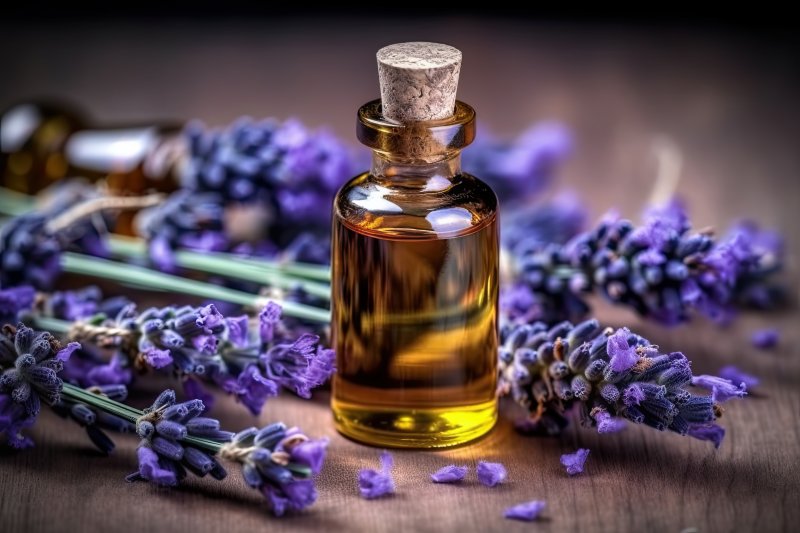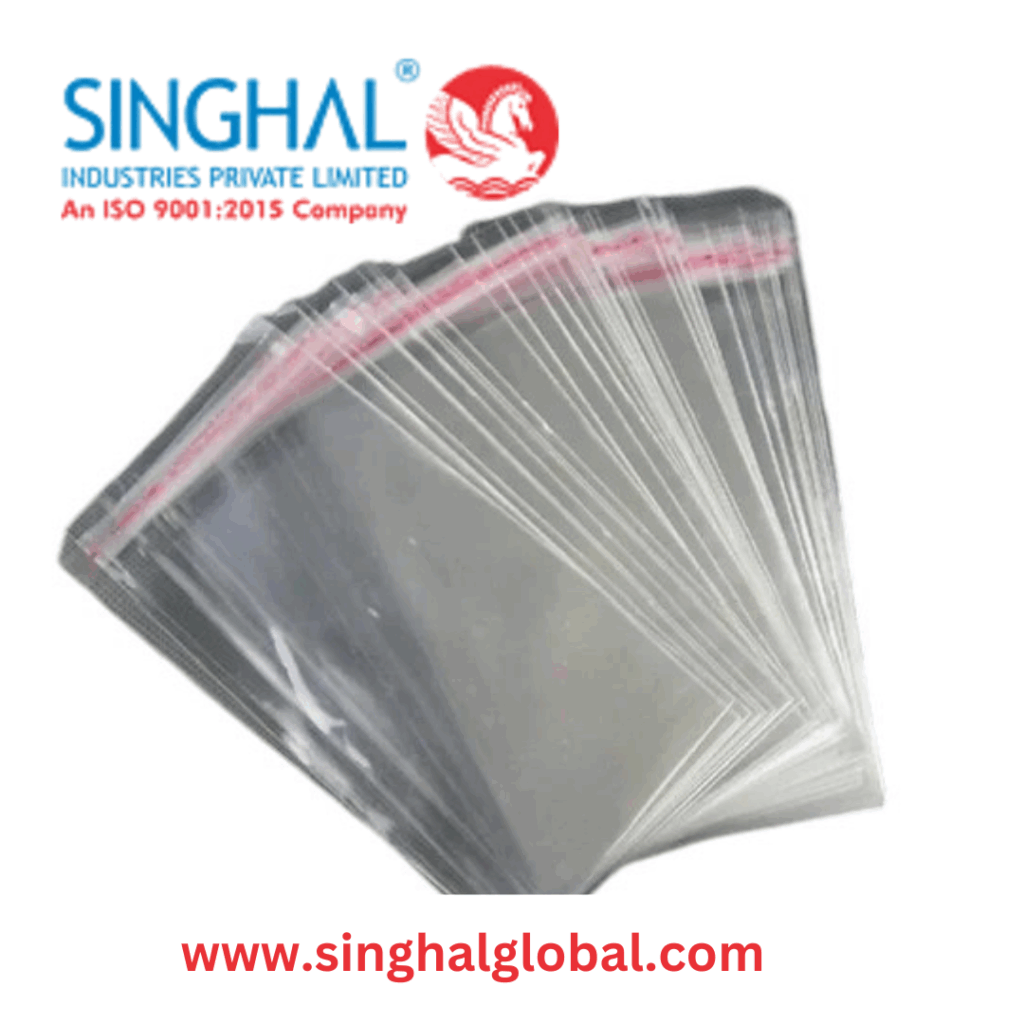Lavender oil is one of the most sought-after essential oils in the market today. Its wide range of applications, from aromatherapy and skincare to household products, makes it a valuable commodity for businesses.
If you’re looking to purchase lavender oil wholesale, understanding what to look for can make all the difference between a successful investment and a missed opportunity.
Here, we’ll explore the key factors to consider when sourcing top-quality lavender oil at wholesale prices.
1. Know the Source
The quality of lavender oil heavily depends on its origin. Different regions produce lavender with varying characteristics due to soil composition, climate, and cultivation practices.
Renowned sources for premium lavender oil include:
- France: Known for producing some of the world’s finest lavender oil with a floral, sweet aroma.
- Bulgaria: A leading producer of high-quality lavender oil with a slightly herbaceous scent.
- India: Offers unique lavender oil varieties with a hint of spice in their profile.
When purchasing wholesale, inquire about the geographical origin of the oil. A reputable supplier will provide detailed information about where and how the lavender was grown.
2. Check for Purity
Pure lavender oil is free from additives, synthetic fragrances, or diluted substances.
To ensure you’re getting authentic, high-quality oil, request a Certificate of Analysis (COA) from the supplier. This document provides critical details about the oil’s composition, including:
- Linalool and Linalyl Acetate levels, which indicate the therapeutic properties of the oil.
- Absence of contaminants or fillers.
Additionally, look for terms like 100% pure essential oil and avoid products labeled “fragrance oil” or “scented oil” as these often contain synthetic components.
3. Verify the Distillation Process
The method used to extract lavender oil significantly impacts its quality. Steam distillation is the most common and preferred method for producing high-quality lavender oil.
This process retains the oil’s natural properties and ensures a potent, pure product.
Ask suppliers about their distillation methods and how they maintain quality during production. Suppliers who are transparent about their processes are more likely to deliver top-quality oil.
4. Look for Industry Certifications
Certifications are a reliable way to verify the quality and authenticity of lavender oil. Key certifications to look for include:
- Organic Certification: Indicates the lavender was grown without synthetic pesticides or chemicals.
- ISO Certification: Confirms adherence to international quality standards.
- Fair Trade Certification: Ensures ethical practices in the production process.
These certifications not only assure quality but also reflect the supplier’s commitment to sustainability and ethical sourcing.
5. Assess Packaging and Storage
Proper packaging and storage are essential to maintaining the quality of lavender oil. High-quality oils are typically stored in dark glass bottles, which protect the oil from light and heat exposure. Avoid oils sold in plastic containers or clear glass bottles, as these can compromise the oil’s integrity.
When buying wholesale, check if the supplier uses appropriate packaging for bulk orders and offers guidance on storing the oil to preserve its quality over time.
6. Evaluate Pricing
While competitive pricing is crucial, it’s important to remember that exceptionally low prices can be a red flag. Authentic, high-quality lavender oil requires significant resources to produce, and prices reflect this reality. When comparing prices, consider the following:
- Volume Discounts: Many wholesale suppliers offer discounts for larger orders.
- Market Rates: Research the average market price for lavender oil to identify unusually low or high offers.
- Cost vs. Quality: Balance affordability with quality to ensure you’re getting value for your money.
7. Read Reviews and Testimonials
Customer feedback can provide valuable insights into a supplier’s reliability and product quality. Look for reviews on the supplier’s website, third-party platforms, or industry forums.
Positive testimonials and long-standing relationships with clients often indicate a trustworthy supplier.
8. Request Samples
Before committing to a large wholesale purchase, request samples from potential suppliers. Testing a small quantity allows you to:
- Evaluate the oil’s aroma and texture.
- Confirm its therapeutic properties.
- Ensure it meets your quality standards.
9. Consider the Supplier’s Reputation
A reputable supplier will have a proven track record of delivering quality products and excellent customer service. Factors to consider include:
- Years in business.
- Transparency in operations.
- Responsiveness to inquiries.
Building a strong relationship with a reliable supplier can pave the way for long-term success in your lavender oil ventures.
Conclusion
Purchasing lavender oil wholesale is a significant investment, but with careful consideration and research, you can secure top-quality products at competitive prices.
Focus on the oil’s origin, purity, certifications, and supplier reputation to make an informed decision.
By prioritizing quality, you’ll not only satisfy your customers but also establish your business as a trusted provider of premium lavender oil.
For more posts, Click here









